- Hydrogen Production Technologies
- Hydrogen Storage and Distribution
- Hydrogen Policy and Economics
- Environmental Impact and Safety
Conference Chair
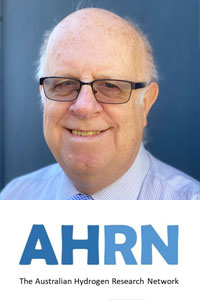
Andrew Dicks
CEO of the AHRNResearch Fellow
Griffith University
Positioning Hydrogen Dubai 2026 is the 4th global hydrogen conference and expo scheduled for September 8-10, 2026 in Dubai, UAE is a must-attend hydrogen technology event and Expo in 2026. The conference will bring together participants from the entire hydrogen value chain with the goal of exhibiting solutions and innovations for low-carbon hydrogen production, efficient storage and distribution, safety and emergency services, and applications in a wide range of industries. Industrial experts and decision makers from around the world will talk about and show off the latest technologies, engineering solutions, and future trends.
As the world's largest economies benefit from implementing hydrogen strategies, global markets are capitalising on hydrogen's momentum to decide where to invest in hydrogen projects. The enthusiasm encompassing hydrogen is being tapped by global market and industry leaders to influence policy, discourse, and the energy landscape.
Hydrogen is predicted to generate $700 billion in investment by 2030 in order to meet global requirements. The investment roadmap, on the other hand, remains foggy. Uncertain policies and frameworks, the supply-and-demand dilemma, financing ambiguity, and a lack of infrastructure all impede the growth of the global clean hydrogen economy.
The only way to address these issues is through open collaboration and knowledge exchange. The Positioning Hydrogen Dubai 2026 conference and exhibition brings together global leaders from the public and private sectors, ranging from energy producers and off-takers to financiers, technology providers, and policymakers, all with one goal in mind: to transition hydrogen from pilot to full-scale bankable projects.

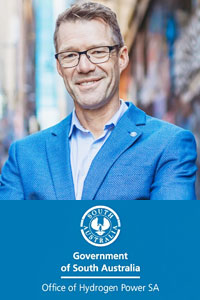



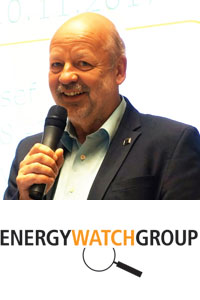
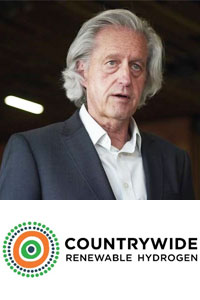


















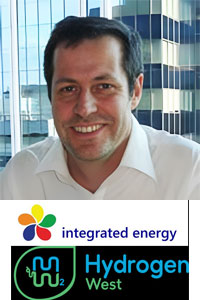


































































Kindly submit your speaker proposal for the event. You can also send your abstract to the conference secretary via email at writeus@scientificprism.com with the subject line Positioning Hydrogen-2026 Abstract.
Copyright © 2026 Positioning Hydrogen Dubai-2026 All Rights Reserved by Prism